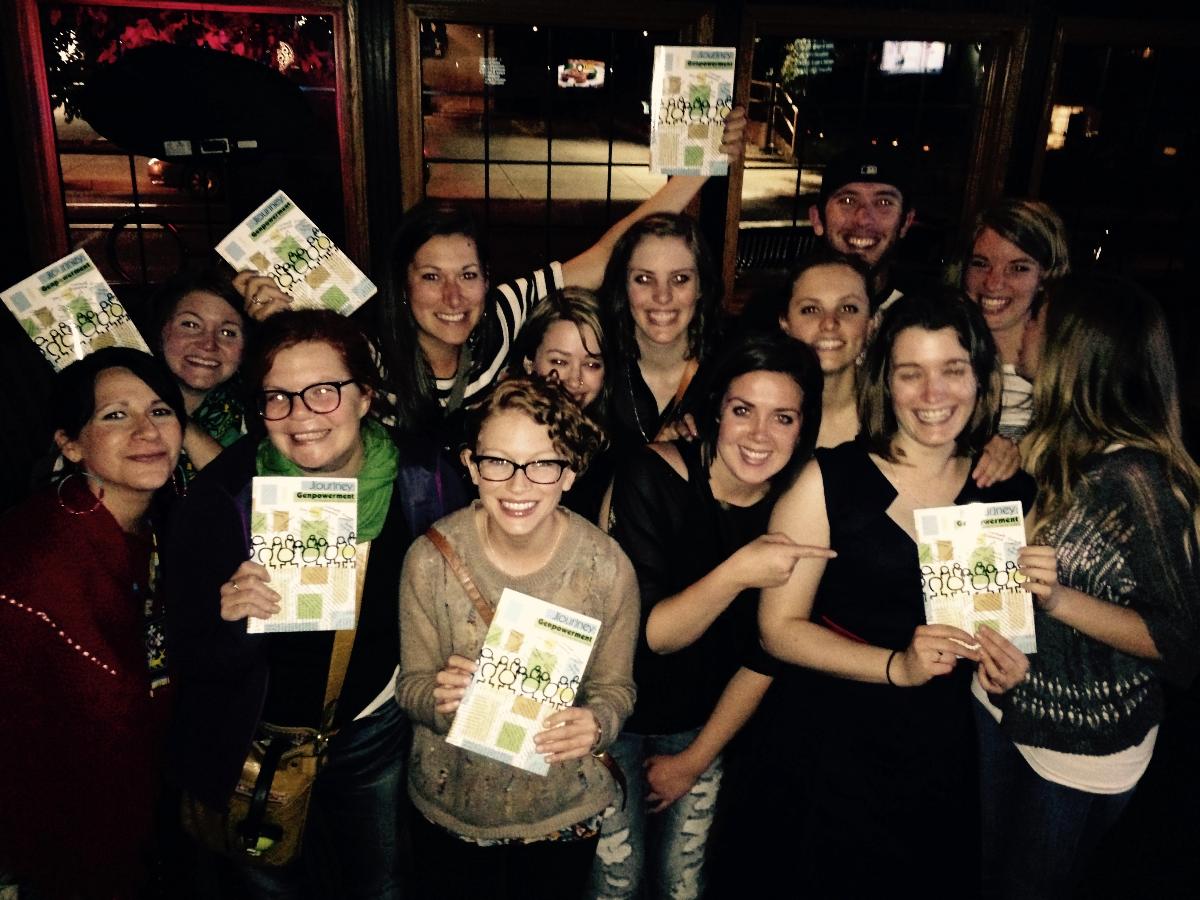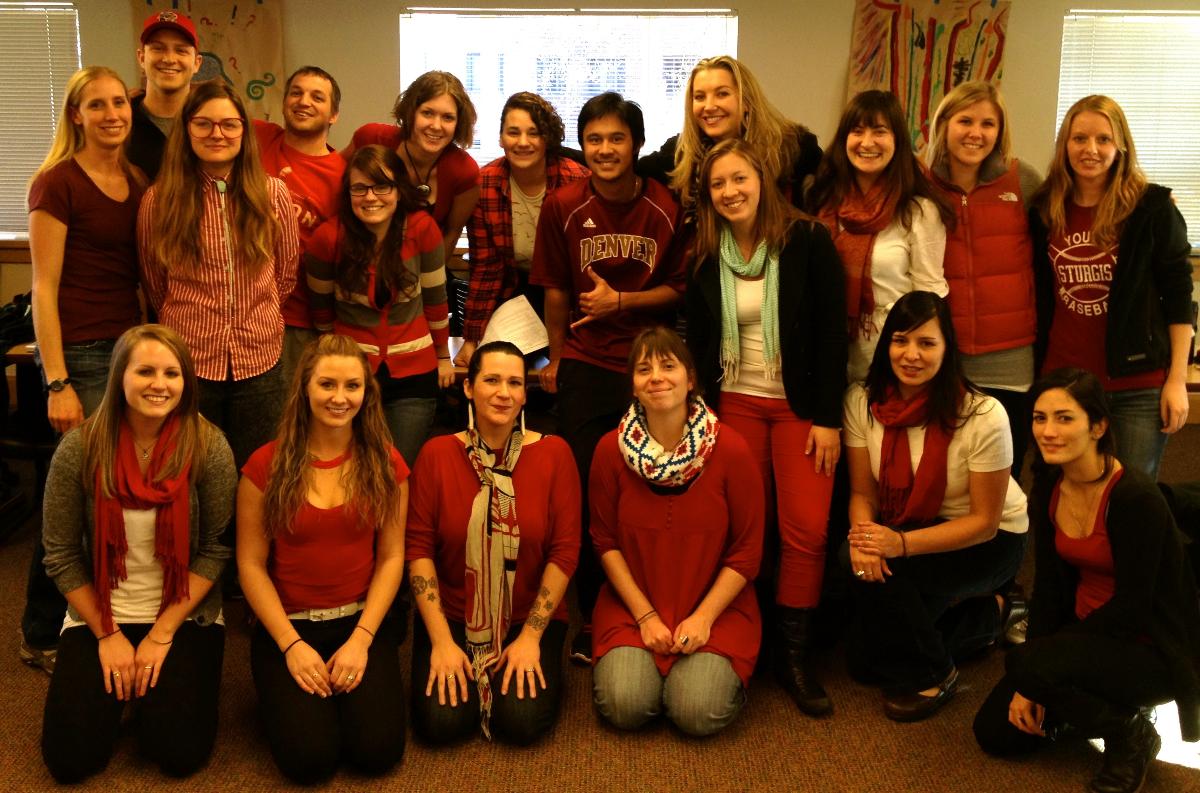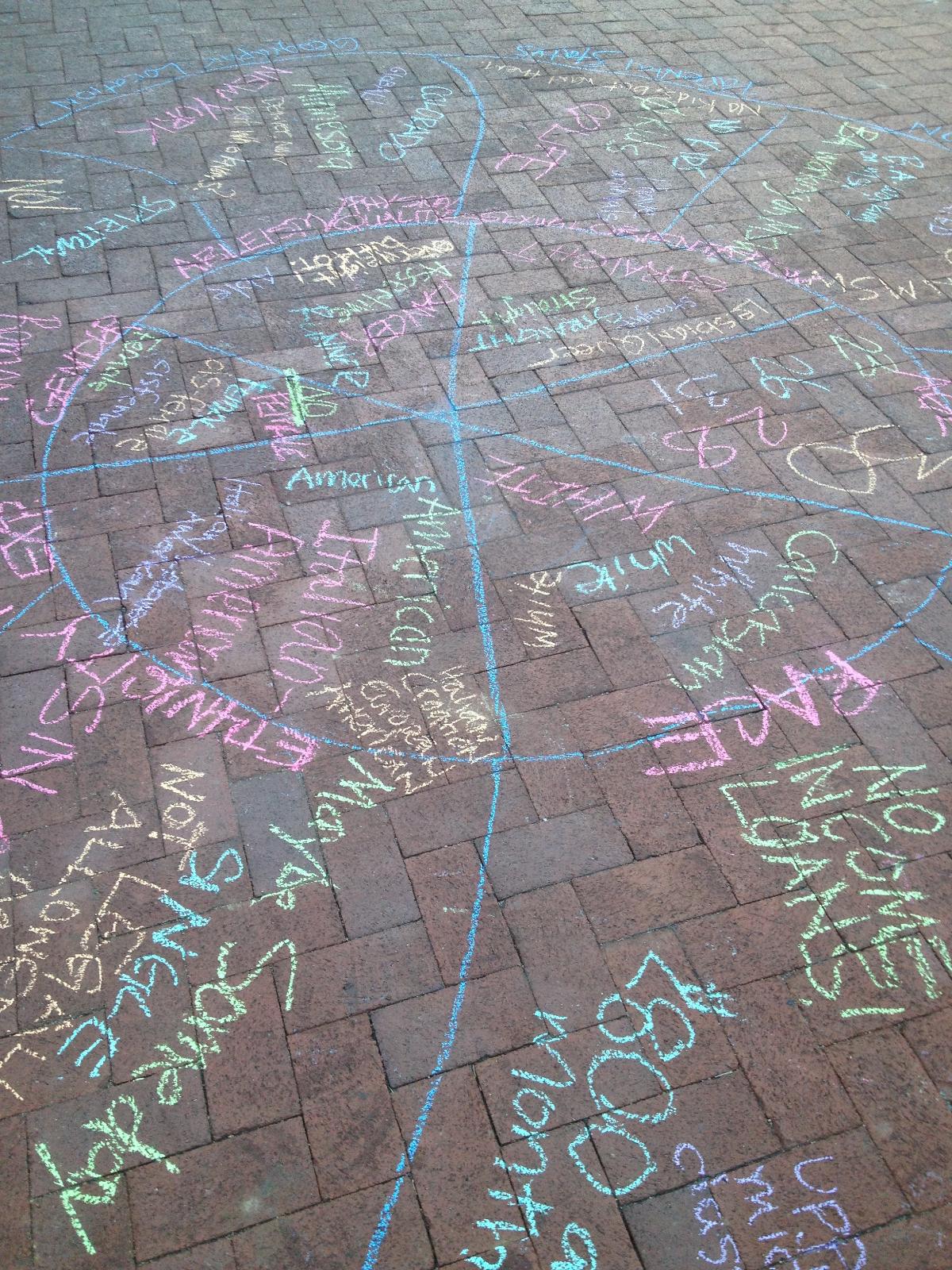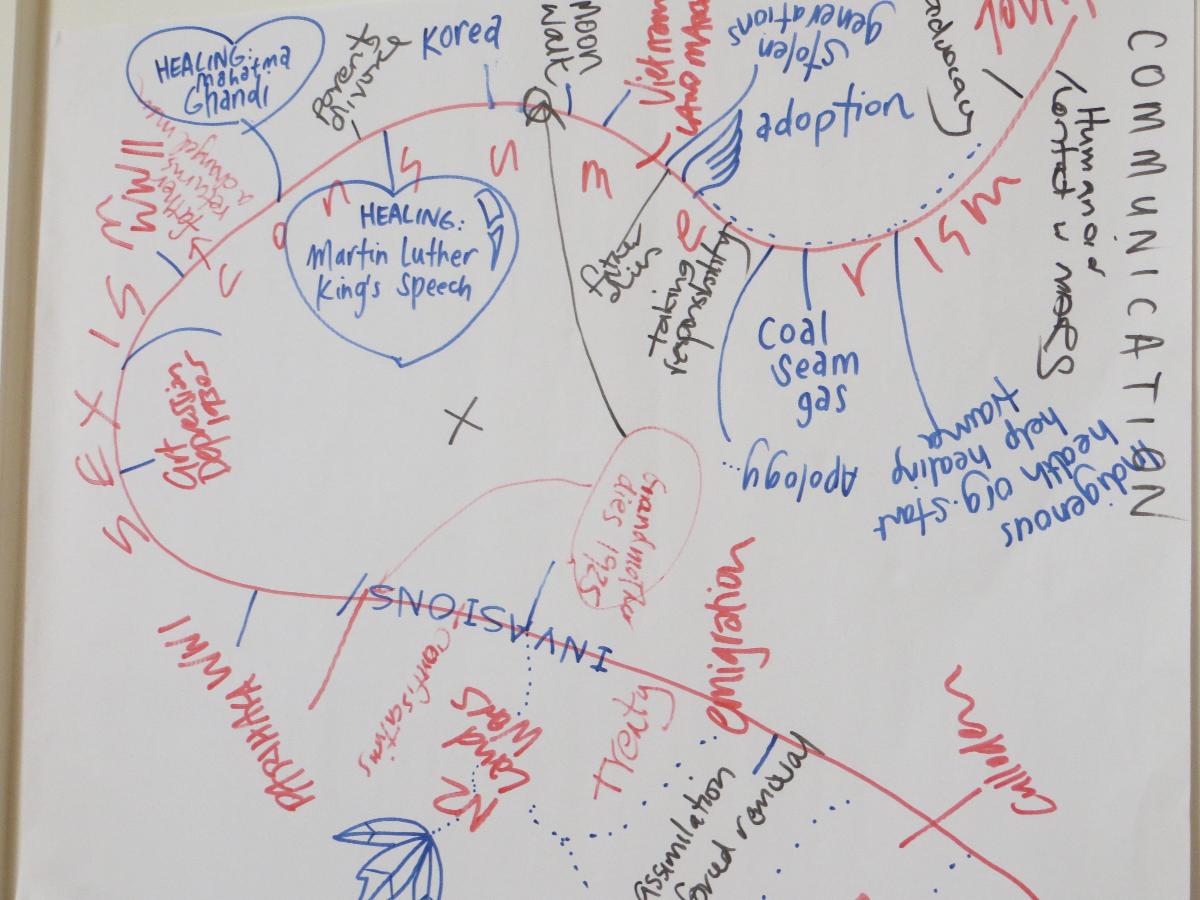-
“Education either functions as an instrument which is used to facilitate integration of the younger generation into the logic of the present system and bring about conformity or it becomes the practice of freedom, the means by which men and women deal critically and creatively with reality and discover how to participate in the transformation of their world.” – Paulo Friere
Engaging in the social work discipline, as a professional, student, or teacher, implies an obligation to mobilize change in the direction of social justice and equality. As an educator, I believe it is my responsibility to foster an environment where students are encouraged to develop a strong sense of social work ethics and values as the foundation from which they can simultaenously engage in critical reflexivity and appropriate service delivery. To achieve this, I focus on three main elements in each learning experience: bridging theory and practice, developing critical analysis and self-reflection techniques, and use of creativity and art.
I believe that how we think informs what we do. This is the crucial platform of theoretically informed practice. Often in social work settings, practices are set and implemented without a full and complete understanding of their origins, implications, and potential impacts. This can have unintended negative consequences when not considering issues of power, privilege, and difference and how practices perpetuate disparities and inequality. Using a social justice framework in the classroom, I aim to make meta-theory accessible to everyone by consistently unpacking the epistemological and ideological aspects of practice principles. Each lesson provides an opportunity to expand and contract from the abstract theoretical to the concrete practical and encourages the flexibility of intellect that fosters informed decision-making with self, individuals, and groups.
A sharp critical eye and self-reflexivity is essential in upholding the obligation of social justice mobilization. As the complexities of our world and work environments increase so should the ability to hold those complexities with grace and humility. Students are encouraged to develop a life-long commitment to self awareness and reflexivity. Through critical thinking and analysis, students are able to more deeply challenge issues of power imbalances in social and practice settings, and to maintain mutually beneficial non-paternalistic relationships with individuals and communities.
Critical, reflexive, theoretically informed learning and practice can be fostered by the use of creative pedagogical tools. Paulo Friere states, “liberating education consists in acts of cognition, not transferrals of information”. While I do include didactic elements of teaching including lectures and readings, the main environment is dialectical and dynamic. Students are encouraged to use all forms of creativity and art in order to make learning elements powerful acts of cognitive transformation. Ultimately the classroom is the place where students can safely take chances, come undone, be re-built, and establish a cohesive sense of self–in-relation to social work. It is the place where integration of theory, practice, critical reflection, and unique creativities can flourish and thrive.
-
Teaching Philosophy
-
J(our)ney: Genpowerment Book Release Party

-
“Education either functions as an instrument which is used to facilitate integration of the younger generation into the logic of the present system and bring about conformity or it becomes the practice of freedom, the means by which men and women deal critically and creatively with reality and discover how to participate in the transformation of their world.” – Paulo Friere
Engaging in the social work discipline, as a professional, student, or teacher, implies an obligation to mobilize change in the direction of social justice and equality. As an educator, I believe it is my responsibility to foster an environment where students are encouraged to develop a strong sense of social work ethics and values as the foundation from which they can simultaenously engage in critical reflexivity and appropriate service delivery. To achieve this, I focus on three main elements in each learning experience: bridging theory and practice, developing critical analysis and self-reflection techniques, and use of creativity and art.
I believe that how we think informs what we do. This is the crucial platform of theoretically informed practice. Often in social work settings, practices are set and implemented without a full and complete understanding of their origins, implications, and potential impacts. This can have unintended negative consequences when not considering issues of power, privilege, and difference and how practices perpetuate disparities and inequality. Using a social justice framework in the classroom, I aim to make meta-theory accessible to everyone by consistently unpacking the epistemological and ideological aspects of practice principles. Each lesson provides an opportunity to expand and contract from the abstract theoretical to the concrete practical and encourages the flexibility of intellect that fosters informed decision-making with self, individuals, and groups.
A sharp critical eye and self-reflexivity is essential in upholding the obligation of social justice mobilization. As the complexities of our world and work environments increase so should the ability to hold those complexities with grace and humility. Students are encouraged to develop a life-long commitment to self awareness and reflexivity. Through critical thinking and analysis, students are able to more deeply challenge issues of power imbalances in social and practice settings, and to maintain mutually beneficial non-paternalistic relationships with individuals and communities.
Critical, reflexive, theoretically informed learning and practice can be fostered by the use of creative pedagogical tools. Paulo Friere states, “liberating education consists in acts of cognition, not transferrals of information”. While I do include didactic elements of teaching including lectures and readings, the main environment is dialectical and dynamic. Students are encouraged to use all forms of creativity and art in order to make learning elements powerful acts of cognitive transformation. Ultimately the classroom is the place where students can safely take chances, come undone, be re-built, and establish a cohesive sense of self–in-relation to social work. It is the place where integration of theory, practice, critical reflection, and unique creativities can flourish and thrive.



